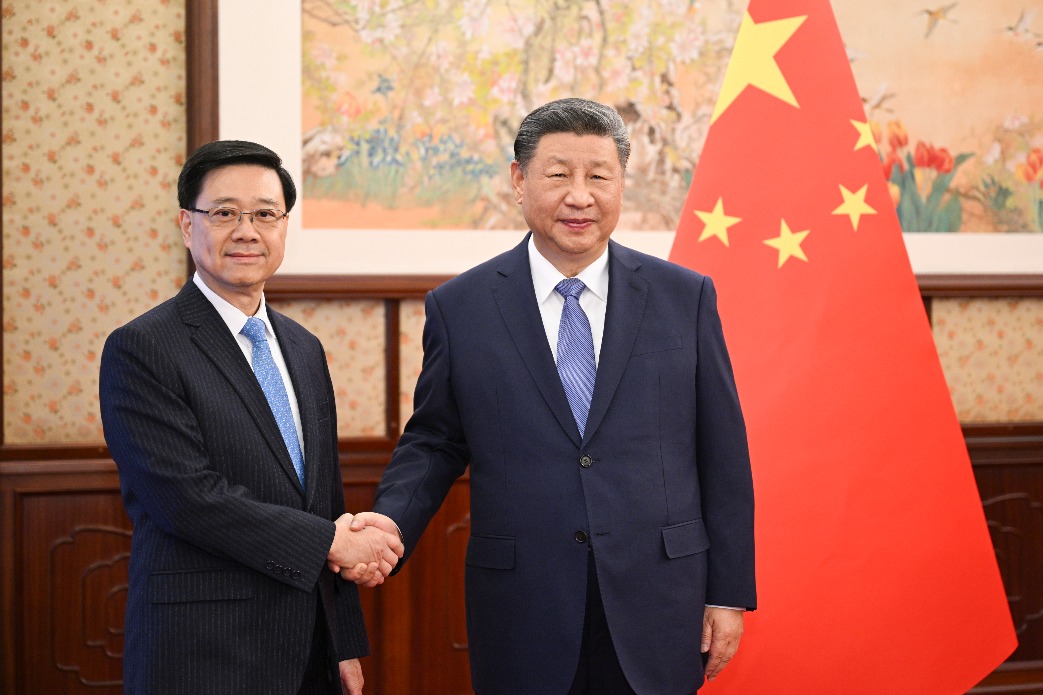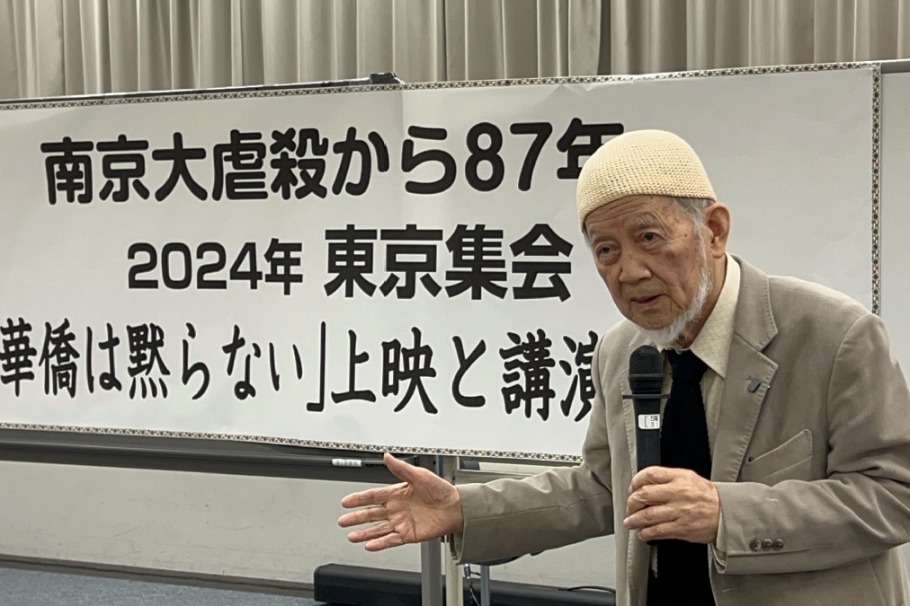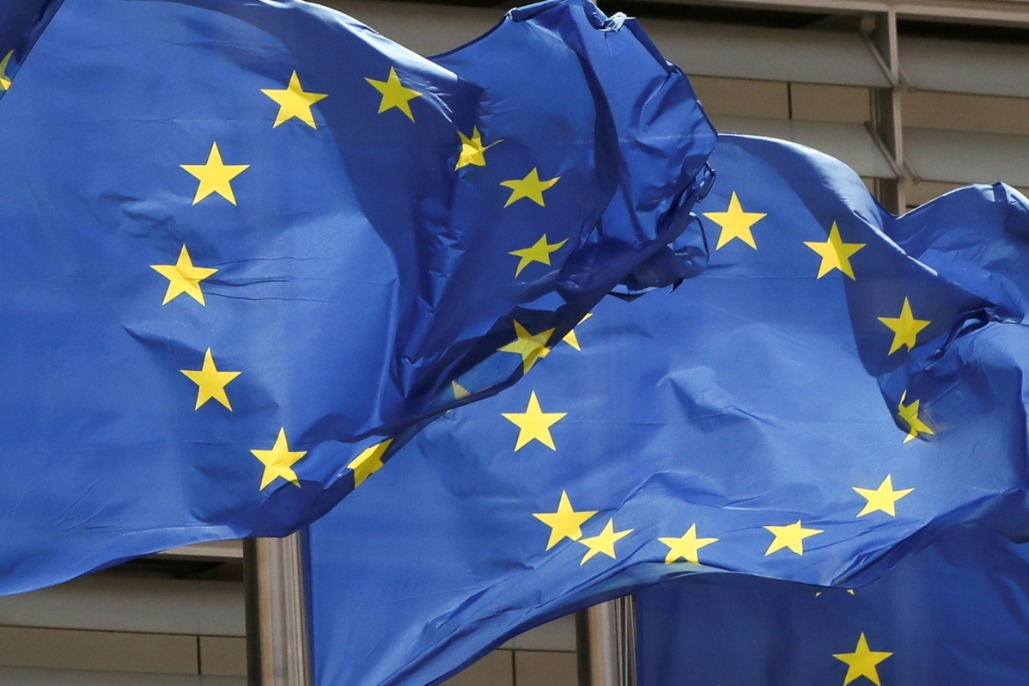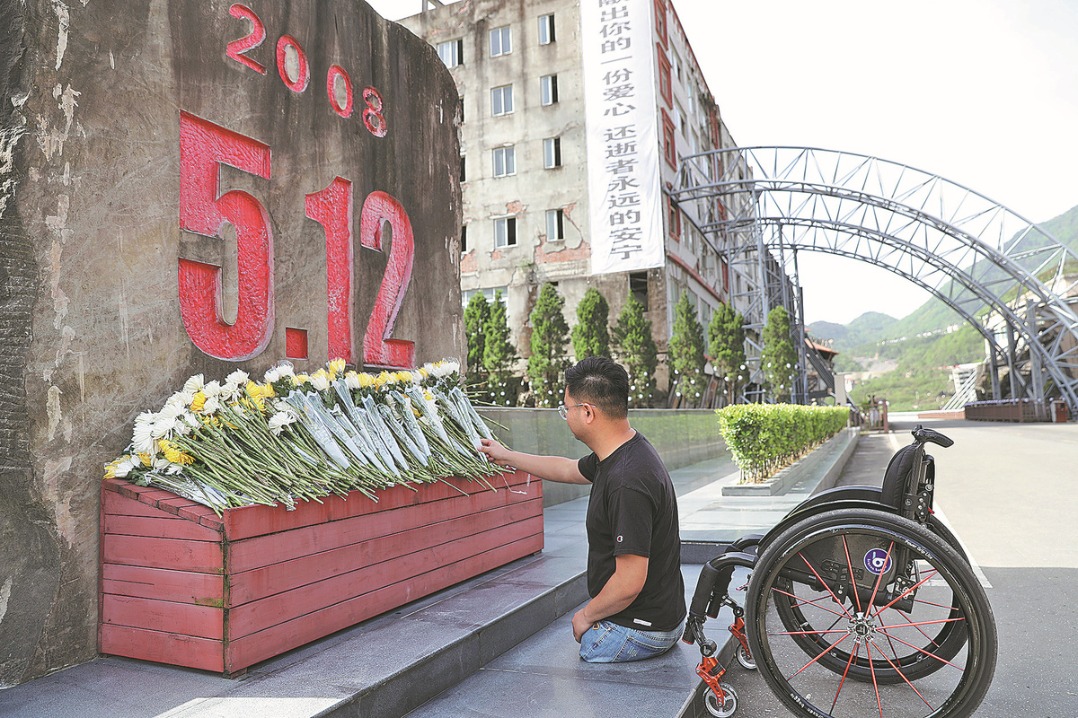No sign of turmoil in the ROK abating


On Saturday, the Republic of Korea parliament voted on a second impeachment motion against President Yoon Suk-yeol just one week after the failure of the first impeachment motion against him. That the motion was passed this time shows that the domestic political situation in the ROK has taken a new turn, driven by multiple factors.
First, Yoon's approval rate has hit a record low. Gallup Korea released poll results on Friday showing that Yoon's approval rating had fallen to 11 percent with his disapproval rating rising to 85 percent. Since the martial law controversy, rallies demanding the resignation of Yoon have been held daily across the ROK. Perhaps under public pressure, the ruling party maintained its decision to oppose the impeachment motion against Yoon before the parliamentary vote but allowed its members to participate in the voting, giving an opportunity for forces within the party opposing Yoon to play a role.
Second, internal contradictions within the ruling party have continued to escalate. Han Dong-hoon, leader of the ruling People Power Party, and Prime Minister Han Duck-soo stated on Dec 8 that they would orderly proceed with ending Yoon's term early, but Yoon delivered a speech on Dec 12 defending his earlier implementation of emergency martial law. Analysts believe that Yoon's speech further intensified the split between him and the ruling party, eventually leading to defections among party members enabling the second impeachment motion to be pushed through.
The impeachment case will now be submitted to the constitutional court for review, with a maximum review period of 180 days. During this time, Yoon will be suspended from presidential duties. If the Constitutional Court rules that the impeachment case is valid, a presidential election must be held within 60 days, quickly intensifying the political maneuvering among various forces.
If the Constitutional Court rules that the impeachment case does not stand, Yoon will still face multiple investigations. On Dec 10, the ROK parliament passed a resolution calling for Yoon's immediate arrest, and on Dec 12 it passed a special law on investigating charges of sedition against Yoon and others, with police and prosecutorial investigations also underway. There is a possibility that Yoon might become the first sitting president in ROK history to be summoned as a suspect by prosecutors, potentially plunging the country into greater uncertainty. Regardless of the outcome of Yoon's impeachment trial, it is unlikely that the political situation in the ROK will become calm anytime soon.
































